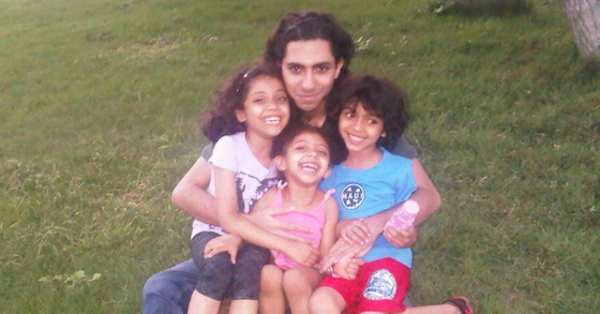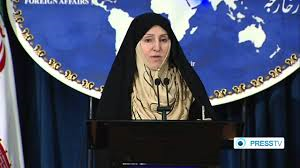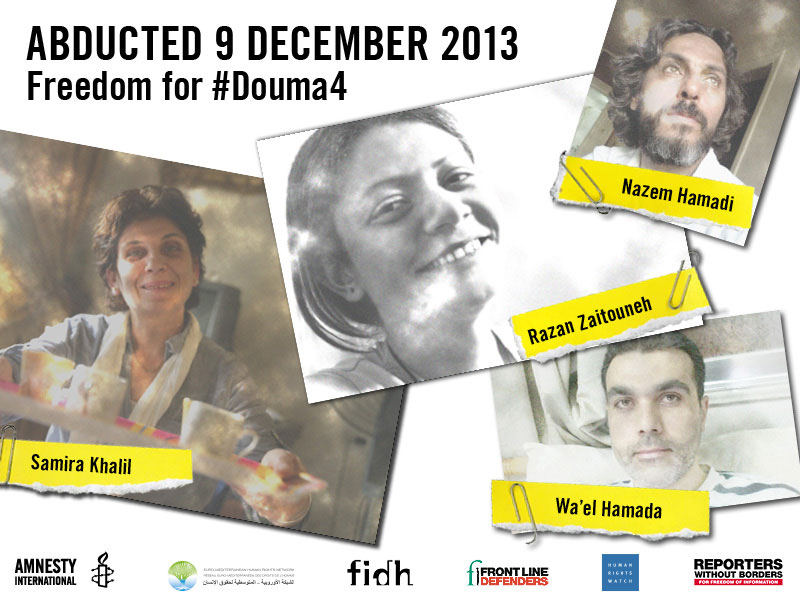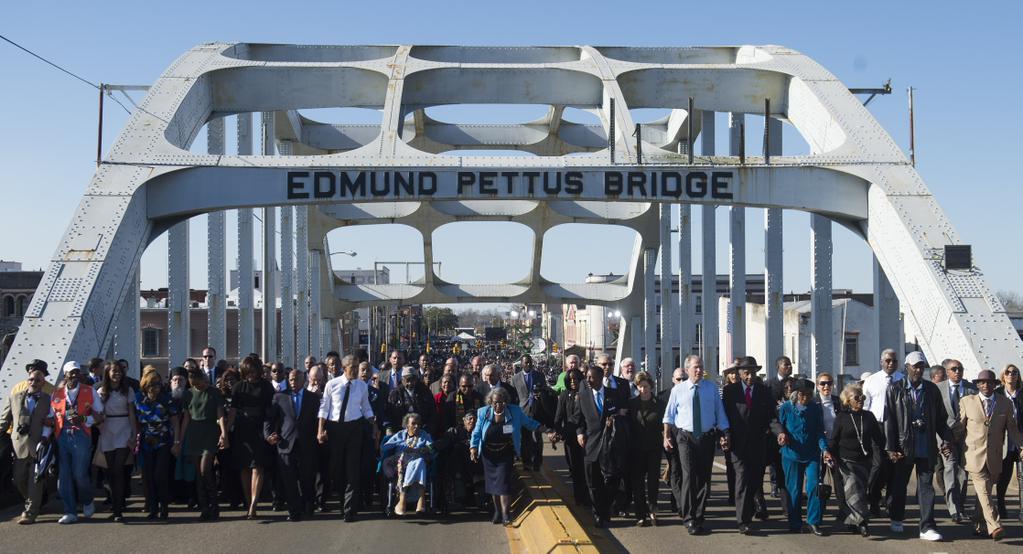
I spend much of my Amnesty International time working on Iran, but I just had to go to Selma, Alabama for the 50th anniversary commemoration of “Bloody Sunday” March 7, 1965—the day that about 600 peaceful African-American protesters attempting to cross the Edmund Pettus Bridge in their campaign for voting rights were attacked and brutalized by state troopers and others.
I was privileged to be part of an Amnesty International delegation to the Selma Jubilee, headed by Executive Director Steve Hawkins, and including about 50 activists and staff from the Chicago area, St. Louis, Atlanta, New York and DC. SEE THE REST OF THIS POST
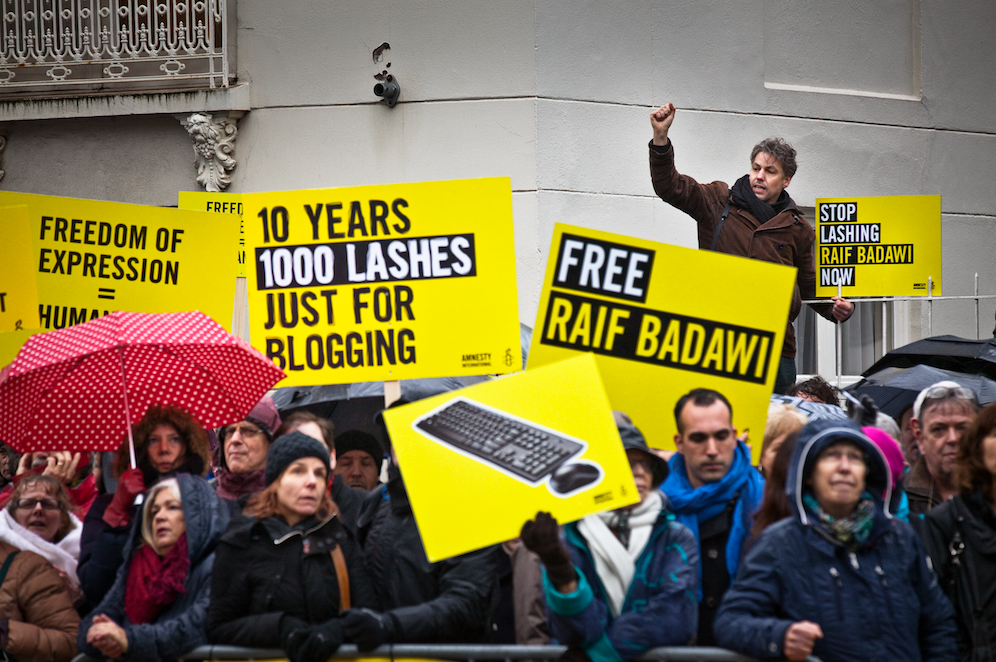
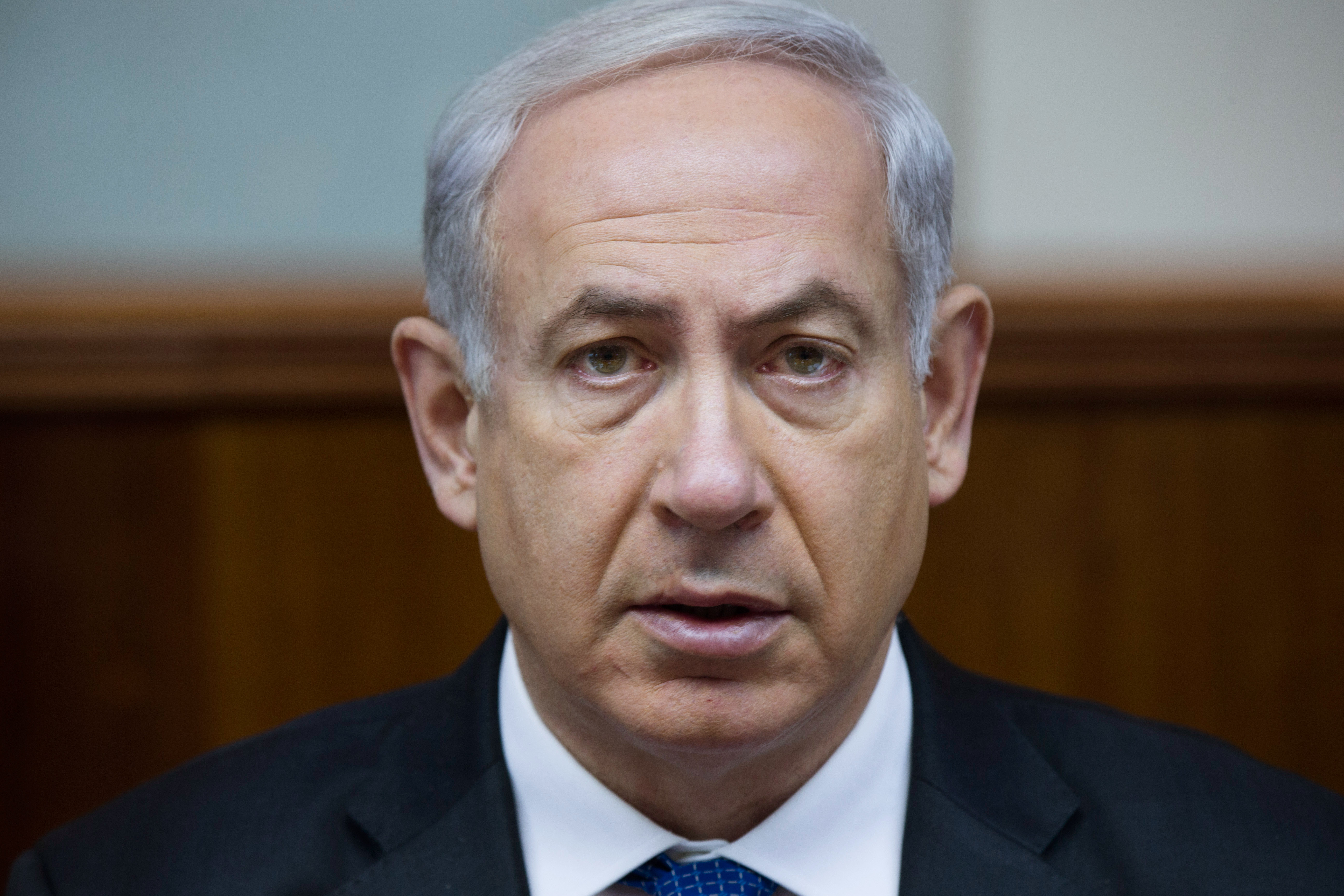

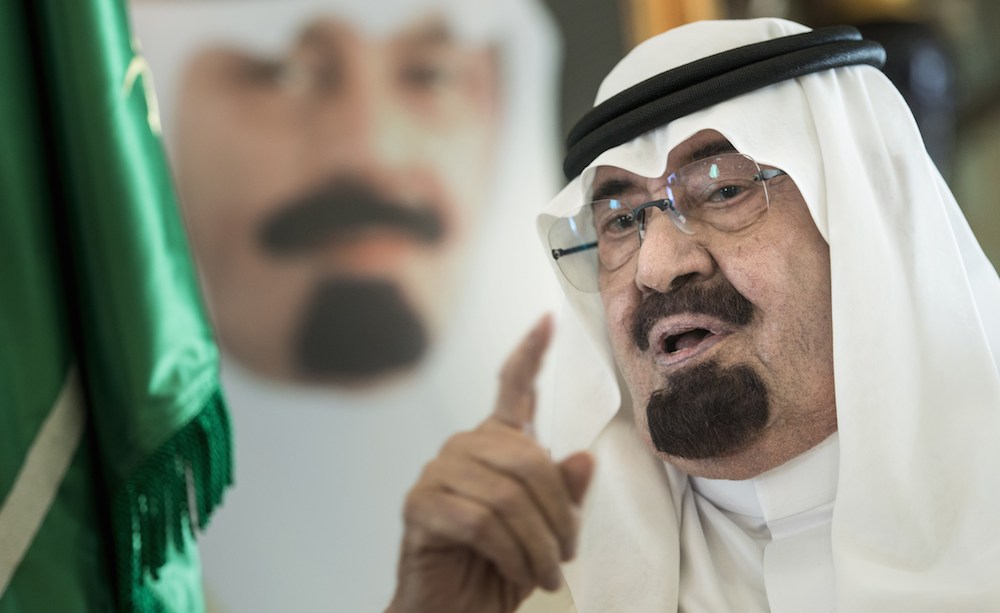
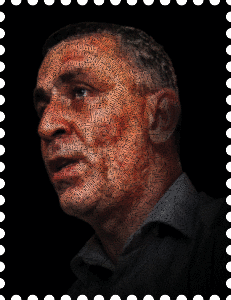 By Alicia Koutsoulieris, Case Coordinator for Israel, the Occupied Palestinian Territories and the Palestinian Authority
By Alicia Koutsoulieris, Case Coordinator for Israel, the Occupied Palestinian Territories and the Palestinian Authority